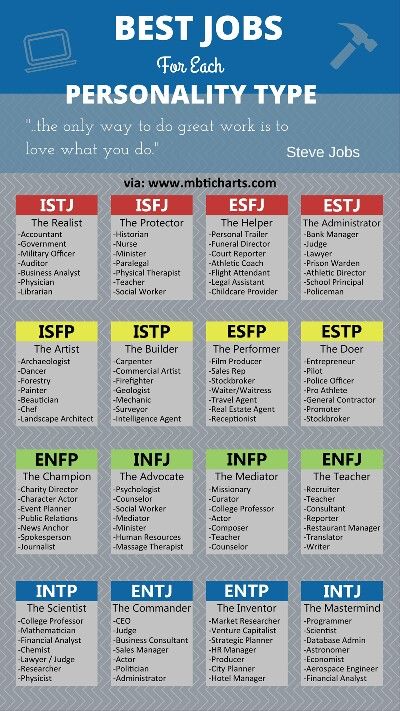Why you hate your job
6 Reasons Why You Hate Your Job and What to Do About It
Job satisfaction is something we often hear about in job descriptions and team meetings, but putting it into practice is a challenge. It's not uncommon for people to hate their job and feel stuck in their work-life.
If you find yourself in a similar situation, it's a good idea to list down the parts of your job that you don't like and tackle them one by one. To help you get started, here are six reasons you might hate your job and what to do about it.
1. Your Manager Is Not a Good Leader
As the saying goes: people don't quit jobs, they quit managers. Oftentimes, a neglectful manager can ruin what would otherwise be a great job. While good managers look to inspire their team and address their grievances, bad ones are inconsiderate and unprofessional.
What to Do:
When dealing with a bad manager, it's easy to jump to conclusions about their personality, but that's not going to help. Instead, you should be questioning their management style. It's likely that they may wrongly perceive their style to be effective, perhaps because it worked for them in the past.
Bring the same to your manager's attention and ask them to tweak their management style, but remember to remain professional and respectful. Assume that they simply want the best results for the company, and they are unaware of how their style is hurting you in the process.
Related: Management Skills for Resumes: How to Show You Are a Good Team Leader
2. You Can't Spend Enough Time With Family
One big mistake that business owners and managers tend to make is assuming that everyone has (or should have) an entrepreneurial spirit. While it's a good thing to be ambitious about your career, most people simply want to go home after their shift is over, so they can relax and spend time with their family.
The level of determination one is expected to have towards their job depends on how much stake they have in the company. But sadly, amid the toxic hustle culture, it's all too common for employers to force their employees to work overtime and somehow make it look unproblematic by calling it “loyalty”.
But sadly, amid the toxic hustle culture, it's all too common for employers to force their employees to work overtime and somehow make it look unproblematic by calling it “loyalty”.
What to Do:
Ask your employer for remote work. Not only does working remotely cut down your commuting hours, but it's also super helpful for employees who are parents, need medical care, and perform better alone. You can spend more time with your loved ones, become less stressed, and increase your productivity.
Related: Tips to Manage Your Personal Space With Remote Work
3. Your Work Is Irrelevant to Your Values
What you stand for as a person and what your job requires you to do are not always in harmony. And this mismatch between your values and your work life can lead to distress and feelings of being out of place. For instance, an environmentalist wouldn't want to work in the oil industry.
What to Do:
Know that your work life and your values don't always align, and that's okay. You can still channel your motivation in other ways. If quitting your job to find a new one is not an option, you can find volunteer opportunities online that focus on contributing to the causes you believe in.
You can still channel your motivation in other ways. If quitting your job to find a new one is not an option, you can find volunteer opportunities online that focus on contributing to the causes you believe in.
Related: Unique Ways to Stand Out in a Job Interview
4. Your Coworkers Are Toxic
For the sake of maintaining professional decorum, many of us tend to keep shut about our toxic coworkers. And while that's a noble act, you shouldn't have to bear immaturity at work, no matter how many times you've been told, “we're like a family here”. A coworker's unprofessional attitude is not your job to fix.
What to Do:
Don't take their behavior personally. You may not have control over your coworker's behavior, but you do have control over how you respond to it. If they work in a different department, distance yourself from them. If you can't, learn to ignore their comments. The more attention they receive from you, the more of an incentive they have to provoke you to see your reaction.
Related: Red Flags Employers Look for When Hiring Candidates
5. You Don't Feel Needed in Your Team
A big reason why people get demotivated and unwilling to go to work is simply because they are not sure how their services are even contributing to the company goals. In other words, they feel as if they're not needed and aren't bringing any real value to the table.
What to Do:
Talk to your manager and ask them to help you visualize your role in the company, preferably using your performance report. Oftentimes, a session with the HR manager can remind you of the value of your position. It's helpful at times to take a step back and measure your efforts in quantifiable terms.
6. You're Not Rewarded for Exceeding Targets
Unless you work on a commission basis, you don't really have an incentive to work harder as an employee and exceed your allotted targets. Completing your work sooner than expected means your manager may give you even more work. In other words, being a fast worker is often punished, not rewarded.
In other words, being a fast worker is often punished, not rewarded.
What to Do:
Ask for a pay raise if you feel it'd help compensate for your higher performance. If a raise is off the table, ask for additional benefits like paid leaves or vacation days. If that's not possible either, ask to be paid according to your direct performance instead of a fixed monthly salary. If your employer denies all of your offers, it might be time to look for a new job or pick up some freelance gigs on the side to better monetize your efforts.
Related: Common Job Interview Questions and How to Answer Them
Create a Better Work-Life
One-third of our life is spent working, so it's natural to want to make the best of it. Rather than quitting your job out of whim, it's a good practice to first try your best at improving your work-life at your current job.
Create a list of the top ten things that you'd change about your job, and see how many of them you have control over.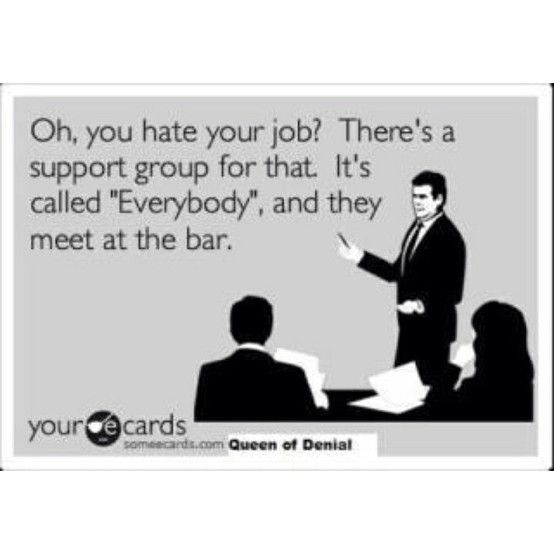 It might come as a surprise to you how much you can do to create a better work environment for yourself.
It might come as a surprise to you how much you can do to create a better work environment for yourself.
10 Reasons Why You Probably Hate Your Job
Do you ever find yourself saying “I hate my job?”
Everyone has had a job where it’s a struggle to get out of bed in the morning and you eventually arrive at your desk struggling to find the motivation to work.
There can be many reasons why you hate your job, ranging from a terrible boss to an uncooperative team. Sometimes the reasons why you are feeling miserable in the workplace can be more subtle, many of which you may not even realise are happening.
Here are a list of the top ten reasons why it may be time to start searching for a new job.
I hate my job: 1. You are working till stupid-o’clock
You are working late, losing weekends and yet you still feel that you’re not moving forward in your job or workload. Worst still is that you may be picking up the slack from colleagues or even your boss.
Or maybe that boss isn’t giving you the recognition you feel you deserve for going that extra mile? Everybody likes to feel valued at work, so if you feel like your efforts are all in vain and that the company doesn’t value you, then perhaps it’s time to move on.
I hate my job: 2. Bored, Bored, Bored
Nothing makes a day drag longer than when you don’t find you job particularly challenging or if your workload is too light.
I’ve had first-hand experience in my earlier career of jobs where if I’d knuckled down I could have probably got a day’s work completed before lunch.
There may be people in the workplace who think that this is the ideal scenario. But the reality is that a job that requires very little from the individual is just boring and will have a terrible impact on that person’s morale.
If this is you, then you may want to think about the feasibility of moving within the business, talking to your boss about your current role, or if all else fails then it may be time to seek pastures new.
I hate my job: 3. Your work-life balance is shot to pieces
I have friends who love the workaholic lifestyle. They think nothing of working every night till the small hours, sacrificing their personal life for the sake of career.
Whilst there will always be the odd occasion when you will be expected to stay late and perhaps even lose the odd weekend to work, this should never become the norm. Whether it’s because of poor time-management or the fact that you simply have too much to do, you should consider how much personal time you are losing to a role and whether it is worth it or not.
Can you redress the balance or is it time look for a job where you can at least have a semblance of time to yourself?
I hate my job: 4. Your current job is unstable
Benjamin Frankin once said that nothing in this world can be said to be certain but death and taxes. And with a struggling economy and many businesses cutting back their staff numbers, there is no longer such a thing as a job for life.
But it can be incredibly demoralising if you live in constant fear of being laid off or ousted from your current position. And the misery you feel at work will spread to your personal life and you may begin to resent the power your boss has over your life.
Take control. Do the best you can in your current role and start creating a back-up plan just in case the worst does really happen.
Ensure that you keep your CV up to date and keep abreast of any changes that are happening in the sector or industry you are particularly interested in.
And remember, some things will be out of your control, but you will feel so much better if you are prepared, should the worst does really happen.
I hate my job: 5. The job I do goes against my morals and values
The role I mentioned in the 2nd paragraph of the introduction which I didn’t particularly enjoy, was working in the shady world of subprime finance. It was a job I took when money was short and job options thin on the ground.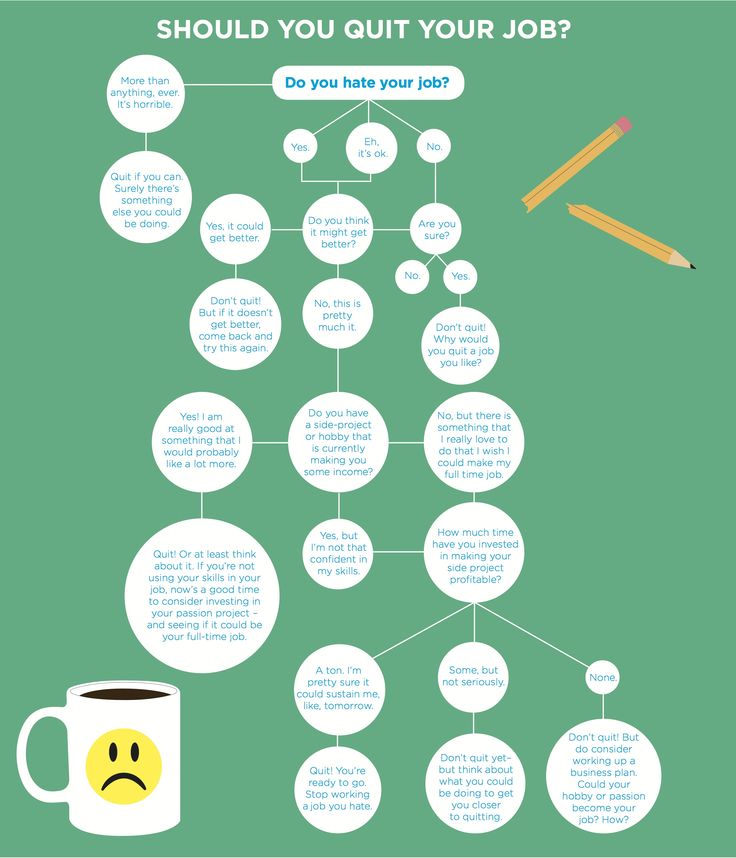
But almost from day one, I found it hard to swallow that the company was fleecing its customers by charging a mind bogglingly high APR and throwing in spurious admin fees left right and center.
As my marketing began to attract more and more custom into the business, I began to feel more and more uneasy about the job I was doing and decided to move onto a new challenge and into a job I could be more proud of.
You may be experiencing something similar in your workplace that is making you say, “I hate my job”. The only solution is to look for something else and then at least at an interview, you will have a valid reason for moving on if your stay with your current employer doesn’t last all that long.
Hate your job: 6. You are getting into bad habits
You may be working in an office environment where your bad habits are acceptable. But traits such as arriving late or leaving early, taking over-long lunches with a pint or two or getting easily distracted by office chat will ultimately lead to you disliking your job.
You should be self-disciplined and realise that this kind of behaviour in the workplace is unacceptable and will ultimately lead to an unfulfilling career.
Alternatively you will hopefully have strong enough management in place to kick you into place and eliminate those bad habits that threaten to stifle your future career.
Hate your job: 7. Your career is stagnating
Another reason you may hate your current job is simply that you feel there is no prospect of advancing through the ranks of the company.
Ideally you should always get back from a job as much as you put in, but if your workplace doesn’t offer these promotion opportunities despite your hard work and dedication to the cause, then perhaps it’s time to take stock and figure out whether this is the right company for you.
Hate your job: 8. The job description has changed over time
I’ve sat through an interview before and been promised that if I took the position that I would have creative license to change the direction of the marketing.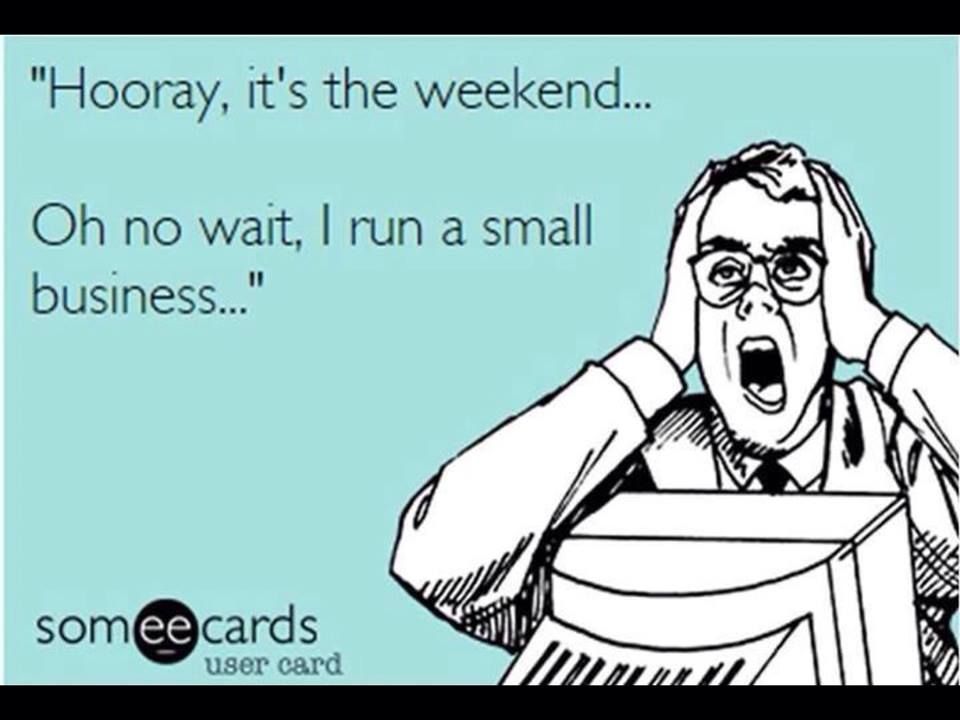
The reality is that when I took the job, the business were incredibly resistant to change and didn’t see the value in changing from an outbound to an inbound marketing strategy.
And that can often be the problem. The role you think you were hired for has morphed into something else entirely and like me, you may feel that your skill set isn’t being utilised in the right way.
I can never do a role where I feel I’m simply crossing off tasks. Unless I feel I can stamp some of my personality and direction to a role, then I’m usually off and looking for a challenge elsewhere.
Hate your job: 9. The company outlook does not match your own
It can make a significant difference to your working day if your own outlook doesn’t match the company’s long-term goals. For instance, you may feel, as I do, that direct mail doesn’t really have a place in modern marketing.
But if the company you are working for are blinkered in their approach and refuse to join the digital revolution, then you may feel frustrated and restricted in your role.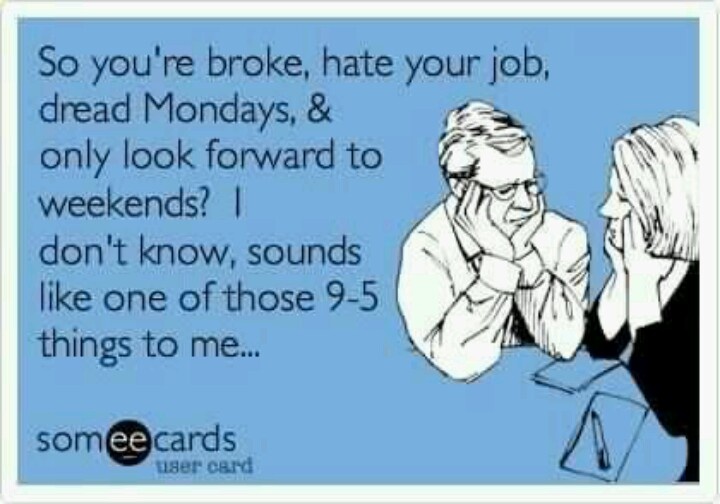
And if you feel you’re not having any real impact on the company’s directional strategy, then you have to ask yourself if you’re happy to plod along or whether you need a change to get your career moving in the right direction.
Hate your job: 10. It just all feels a bit pointless
Do you feel like you go through the nine to five drudgery and then get home feeling like you achieved nothing over the working day?
You’re not alone, and there is certainly a section of society that are quite happy to do a ‘job’ and switch off at the end of the working day.
But if you crave a job with some substance but feel you are a faceless corporate cog working away in a grey cubicle, this may be yet another factor as to why you probably hate your job.
You may need to find a job that offers you a little bit more meaning to your work.
I’ve moved from a job that felt pointless to one where I felt I was helping shape the company’s future success.
The feeling that a job is fulfilling and rewarding can make such a massive difference and will certainly help you get out of bed in the morning.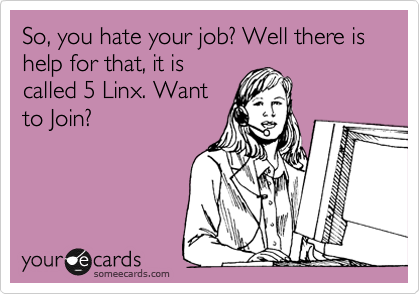
There you go – 10 reasons why you probably hate your job. If you do and you’re thinking of changing jobs, take stock of your situation, work out whether there’s anything you can do about it, and if you can’t (or if you don’t want to) then take the plunge and move on.
What to do if you hate your job
Regardless of the reasons why one thought about work causes a whole gamut of negative feelings and thoughts, we can rarely drop everything and go "nowhere" in search of a better place.
The best place has yet to be found, and if you really hate your current position, then this search should not be put off.
However, until the dream job is found, we are forced to endure what we have. And we hope that the tips below will help make a difficult situation at least a little more acceptable.
Take a good look at the situation
It seems obvious, but when we plunge headlong into strong negative experiences and feel sorry for ourselves, we often simply do not want to calm down and assess the situation rationally.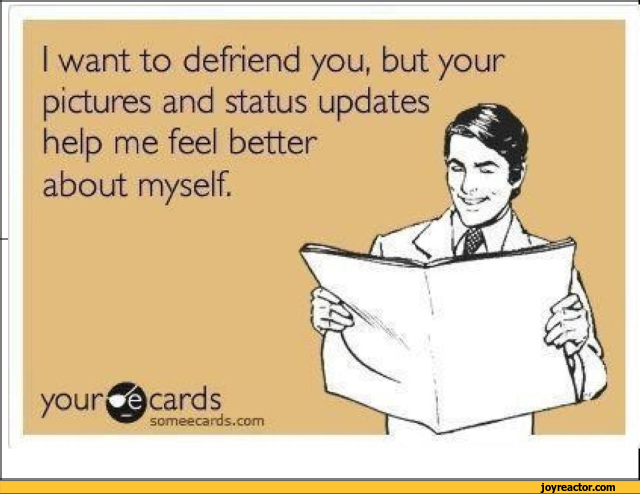
Meanwhile, understanding what exactly makes us so unhappy is critically important.
Therefore, first of all, calm down and ask yourself a few unpleasant simple questions, honest answers to which will help you understand the current situation.
-
- - Do you hate your position or your boss?
- - What exactly is it about the content of your work or the behavior of your management that makes you want to send everything to hell?
- - Did you ever enjoy this job at all?
- - Did you like any of your work?
It's clear that banal introspection is not what you hope for in the first place. Nevertheless, the answers to these important questions will become the foundation for real steps to overcome an unenviable situation, because they will help clear your mind of unnecessary emotions and focus.
Decide to have a serious conversation
Once you understand what part of your professional life feeds your hatred of it, try discussing specific problems with those who, in your opinion, can resolve the situation.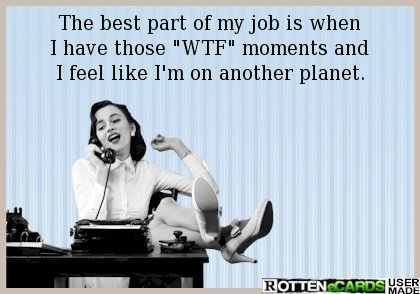
Even if in the end it turns out that it is impossible to resolve the situation and it will not get better for you, you will bring clarity.
-
- - Do you feel like you work too hard and no one appreciates it?
- - Are you always on the edge?
- — Do you get other people's duties?
- - Do you think it's time to raise your bonus, but no one even thinks about it?
If your boss is a sane person and you are a valuable employee, it makes sense to discuss real problems, sometimes this not only clarifies the situation, but also removes contradictions.
Very often the “life cycle” of an employee looks something like this:
Masha gets a job and gets used to it for some time. The head of the machine watches this process and sees that everything is going well.
But at one fine moment, Masha, for no reason at all, writes a statement and offendedly explains (and, as a rule, behind her boss’s back) how unhappy she felt all this time.
Yes, a good leader should take care of and help his team, but he absolutely must not be able to read your mind. Seriously! Therefore, make an effort on yourself and discuss your troubles and grievances with your boss.
You still hate this job. If your boss doesn't appreciate you and doesn't care or he gets offended in return and your problems will only get worse, this will give you a reason not to delay looking for a new job.
Keep things in perspective
"Stay positive" is one of the most annoying pieces of advice in a situation of acute dissatisfaction with life's circumstances. Moreover, the benefits of positive thinking are not as obvious as it was commonly believed for decades in self-esteem courses.
In the meantime, you definitely shouldn't drive yourself into a corner. If you hate what you're doing, it's very easy to start feeling sorry for yourself and reveling in negativity, counting down the minutes until the end of the working day, when you can finally leave this damn hole.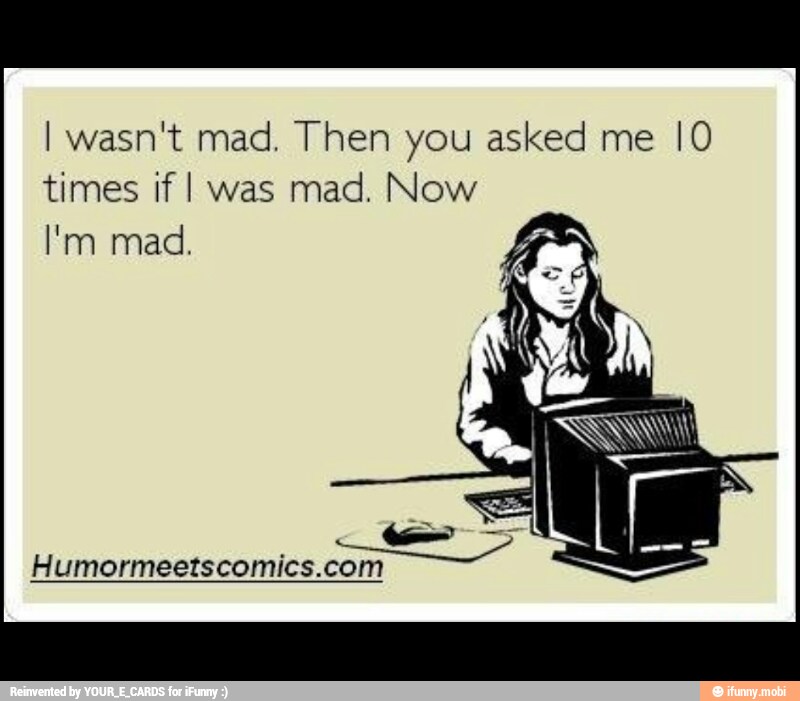 But such an attitude to the situation, unfortunately, does not make it easier. On the contrary, it will only get worse.
But such an attitude to the situation, unfortunately, does not make it easier. On the contrary, it will only get worse.
Instead of seeing every working day as hard labor, try to take this whole story as a challenge and a great opportunity to improve your professional skills. Even if you hate your job because it's boring and stupid. The trick here is exactly what skills we are talking about. When else will you get a chance to exercise endurance and patience for 8 hours in a row!
Complain to your friends
Of course, no sane person would just rant about how terrible their job, bosses and colleagues are on Facebook. But that doesn't mean you can't let off steam and share your career challenges. Sometimes complaining about life is not so bad, the main thing is not to get carried away and not overdo it.
In general, take a reliable friend and talk to him about your problems (as compensation for moral damage, you can treat your friend to his favorite drink), and then, you see, you will feel better.
Do your job flawlessly
When you're unhappy, the easiest thing to do is to give up and reduce all efforts to perform your job duties to a minimum. In this regard, our last advice looks paradoxical, but only at first glance.
Depression, procrastination, and sabotage will not make you happier, and a job well done is always a job well done. It lifts the mood and gives confidence. To you personally, and not to a job that you hate.
Photo: Shutterstock.com
What if you hate your job but you depend on it? Psychologist's opinion
"Afisha Daily" continues to ask psychotherapist Adriana Imzh questions about relationships with herself, other people and the world. This time we figure out what to do if you hate your job, but depend on it financially.
The situation is a stalemate, of course. But let's try to figure it out.
Surprisingly, attitudes towards work also have a cultural connotation. In different cultures, work is treated differently: in Spain, in Israel, in the USA and in other countries, many people love their work and go to it with pleasure, rather upset if there is no work.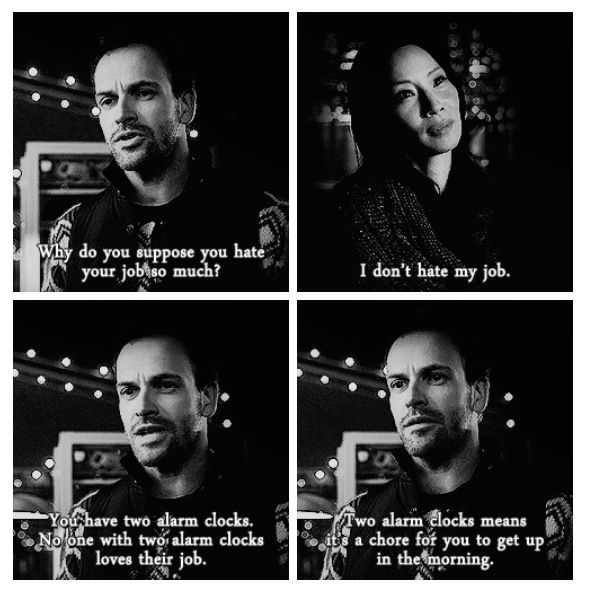
It has to do with goals and values.
In Russia, children are rarely explained why work is needed and why it is valuable. Why it is good to work, for example, as a baker or a carpenter. Much more often, children are oriented either simply to financial success, or to some positions associated with power or social prestige: bosses, doctors, financiers, lawyers. Therefore, adults often suffer from the fact that their expectations and goals are not realized in work. In countries where it is simply important that you work and benefit people, there are fewer people who are disappointed with work.
It is important to ask yourself: why do I hate my job? I don't like the people I communicate with? I don't like what I'm doing? Did I expect that I would lead a different lifestyle at my age? I came into this profession to do one thing, but I have to do something completely different?
And it seems important to me to start with the fact that many of us lack respect for our work.![]() Am I doing something, is it not a criminal offense and is generally aimed at improving life (mine or other people's)? I'm fine fellow. It's already work. Maybe not the best, but valuable. At least for me. Yes, there are certainly people who earn more than me and live more interesting, richer, better, more comfortable. But my work is important. If I don't respect him, what can I expect from others?
Am I doing something, is it not a criminal offense and is generally aimed at improving life (mine or other people's)? I'm fine fellow. It's already work. Maybe not the best, but valuable. At least for me. Yes, there are certainly people who earn more than me and live more interesting, richer, better, more comfortable. But my work is important. If I don't respect him, what can I expect from others?
The second problem is relationships between people. Quite often, relations in teams are not very pleasant, there are many negative assessments, competition, sluggish conflicts can smolder for years. Corporate activity and team building are most often perceived with aggression and resistance - there is no desire to recognize colleagues, imbue them and interact. But this is a very important point - people spend many hours in a team, and at least one friendly colleague with whom you can have lunch and chat near the kettle significantly relieves psychologically.
Sometimes there is a lack of someone in the collectives who could be friendly to everyone, organize activities, hikes, events - just such that everyone would have fun. You can become such a person (if you want, of course).
You can become such a person (if you want, of course).
If not at all, methods of psychological relief help: draw comics about your crazy serpentarium or write stories, publish a wall newspaper - even if only for yourself, support colleagues in battles against each other, mentally placing bets on who will win. Mental distancing from the process of unpleasant actions or communications significantly reduces the level of irritation.
When there is a discrepancy between what I do and what I would like to do, in some cases it helps to go to school - either to improve my qualifications or to get a new profession. This, firstly, gives hope for a change in the current situation, and secondly, it allows you to do something new and interesting. When in painting classes someone says: “Lord, how tired I am of working as a physics teacher!” - there will surely be someone who will sympathize and support, while in the school teacher's room it is much more likely to hear - "We are all tired, and nothing - we are silent. "
"
Several times I have had to work with blue-collar workers with very good leadership and organizational skills. But the team pulled them back - and they needed my help and support so that they decided to study and move on - to more complex, well-paid and interesting positions.
It is not easy to answer the question “What are you doing there, studying? Do you think you're smarter than us?" find the correct answer or refuse to go drinking with the guys on Friday night because you have an exam tomorrow. Nevertheless, it was study that helped people at least say to themselves: “Yes, I am smarter than them and think more about my tomorrow, so it is important for me to pass this exam.”
It is very important to ask for more support from friends and family. Of course, it happens that things are not very good with their work either - some of my clients said with amazement that they, in principle, did not meet people who like their work. One of the girls in the group was amazed to find that she was the only one there who did not like her work - in her childhood and among her family members, work was a horror story that required sacrifice and suffering.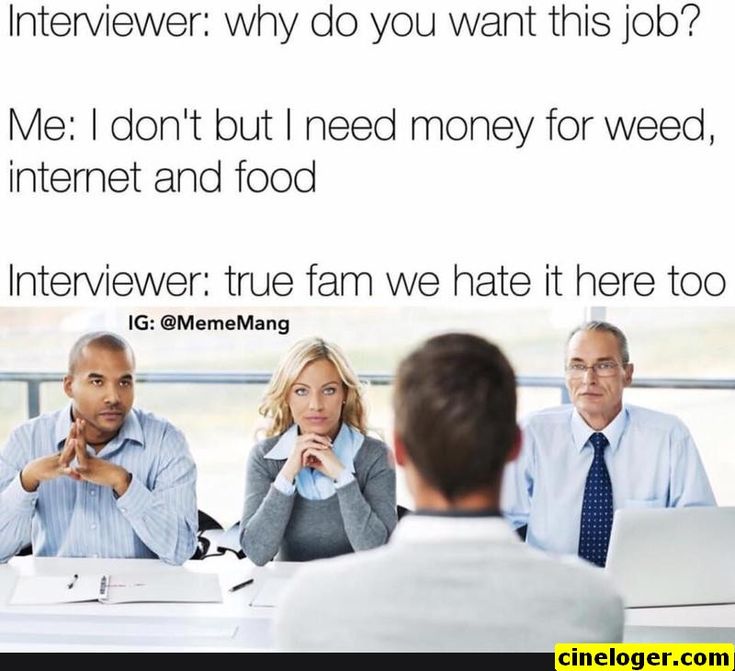 For her, finding people who love their work and go to it with pleasure was already a powerful incentive to start doing something to change their situation, because if an interesting job is not a utopia, but a real thing, then it makes sense to look for it.
For her, finding people who love their work and go to it with pleasure was already a powerful incentive to start doing something to change their situation, because if an interesting job is not a utopia, but a real thing, then it makes sense to look for it.
Nevertheless, if I manage to convey to my relatives that I do not like my job, but now I have to go to it and therefore I need additional support, this can also help a lot. When another person next to you says: “I understand that you don’t like it, but you keep the whole family afloat” or “I sympathize with you, I hope the crisis in your area will end soon and you can find something new,” live becomes more fun.
In conclusion, I would like to say that in most cases, working with a psychologist helps to increase well-being. Often, employees in Russia are underpaid, their salaries have not been indexed for years, colleagues do not even try to develop and somehow improve the current situation, and those people who begin to defend themselves, show initiative, move forward and learn new things quickly gain a strategic advantage.










